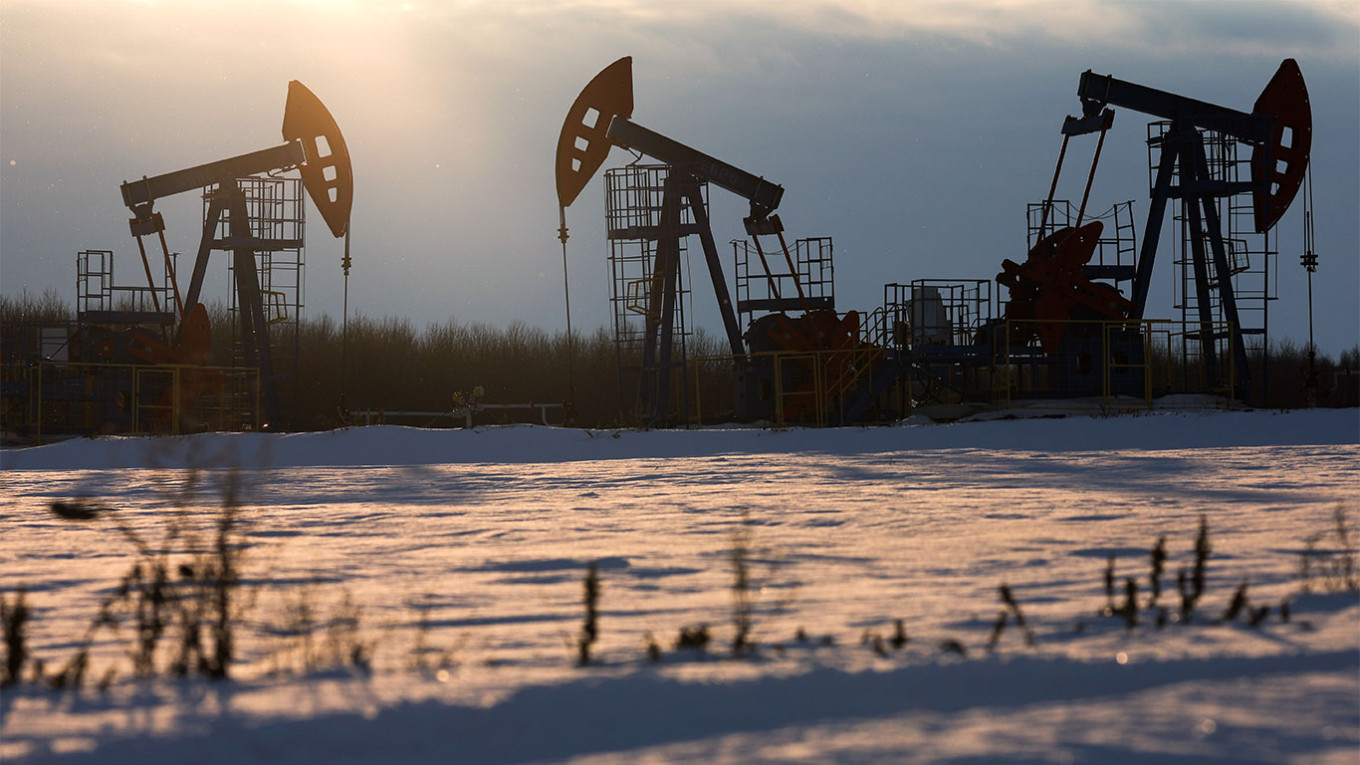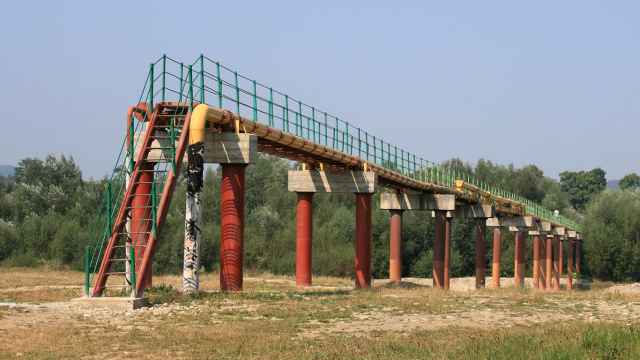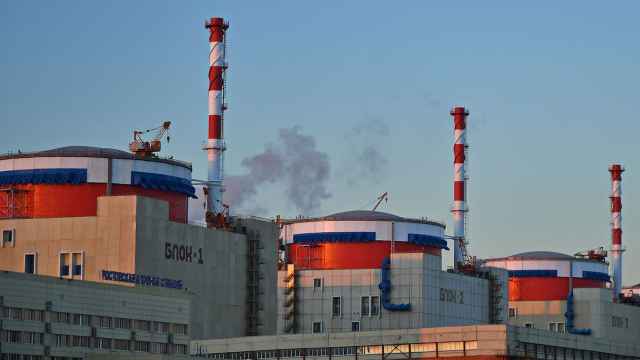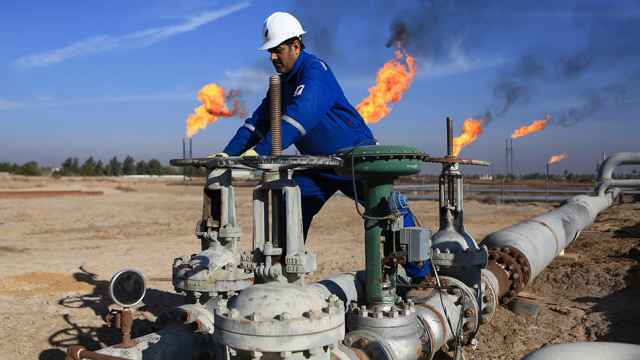As world leaders gather in Davos for the World Economic Forum this week, Ukraine is reeling from a continuing massive wave of deadly missile attacks from Russia, resulting in more and more needless death and destruction.
The tragic loss of human life, including hundreds of civilians and children, is unfortunately often paid for by cash sent to Russia from Europe and the U.S., who are shockingly still sending Moscow billions of dollars to pay for Russia's fossil fuel exports.
Despite relentless Russian attacks, Ukrainian communities are tirelessly working to rebuild and collaborate with companies and citizens to install renewable energy technology. However, as the need for reconstruction grows exponentially due to these attacks, Ukraine and the world's path toward a green transition that will liberate it from fossil fuels is significantly delayed.
It's imperative to recognize the relationship between energy, conflict, and democracy. Amid the ongoing struggle for peace and sovereignty in Ukraine, we want to reiterate our organization’s urge to democratic governments: sever Russia’s oil and gas lifeline to halt President Vladimir Putin’s brutal war machine and curb the sprawl of autocracy.
Russia's unrelenting aggression against Ukraine is sustained by profits from oil and gas exports. It is these very profits that enable massive missile and drone strikes on Ukrainian cities, claiming innocent lives and wreaking havoc on civilian infrastructure. The Kremlin’s war economy thrives on these revenues, sustaining this devastating conflict that claims innocent lives daily. Razom We Stand’s recent report underscores this distressing connection between the profits from the dirty energy trade and the cost of human suffering.
The shadow of Russia's plans looms ominously. A third of the 2024 federal budget is allocated to the military-industrial complex, a level unprecedented since Soviet times. In 2024, Russia’s military budget will expand to 10.775 trillion rubles ($110 billion), marking a 70% increase from 2023, three times higher than before the invasion. This unchecked militarization signifies a perilous path toward intensifying the conflict, threatening regional stability and the future of democracy in Europe.
Regrettably, Europe and the U.S. are continuing to contribute to this war chest by inadequately enforcing sanctions against Russian oil and gas, leaving loopholes wide open that Russia exploits daily. We cannot overlook how a carve-out that allows Bulgaria’s largest refinery to continue guzzling Russian oil remains a massive funding source feeding Russia's aggression.
The urgency for action resonates louder than ever. Banning Russian LNG (liquid natural gas) imports in Europe by 2025 is too distant a goal. Europe has ample gas storage capacity, and projections indicate an energy surplus bolstered by record-breaking clean energy expansion and alternative LNG supplies set to come online in 2024.
While commendable, Finland's pledge to ban Russian LNG must be echoed by immediate, collective action. Europe’s gas reserves, coupled with falling demand and forthcoming alternative LNG supplies, reveal a clear path to severing reliance on Russian imports. In fact, EU and U.K. storage sites are likely to end the winter almost 54% full.
Ukraine stands ready to bolster the EU's gas supply security. As the Financial Times pointed out, Ukraine can be an instrumental part of the solution, as our gas storage has already proven effective in stabilizing winter energy prices in Europe. Across the Atlantic, U.S. LNG exports hit monthly and annual record highs in December, with reports suggesting it became the world’s largest exporter of LNG in 2023. This shows that there are alternatives to continuing to fill the Kremlin's war chest.
The crucial message from Kyiv is this call to end Russia's stranglehold on dirty energy. The dire need to end Russia's energy dominance transcends mere economic or geopolitical strategy — it is a moral imperative.
By severing Russia’s lifeline of oil and gas profits, we deny the Kremlin’s war machine its fuel. We at Razom We Stand are not just calling for Ukraine's sovereignty, but a world where autocratic powers can no longer leverage dirty energy as a weapon of destruction.
The time for this transformative change is now. It's a global imperative to foster energy independence, peace, climate action and democratic resilience.
As Davos deliberates on the world's economic future, the call from Kyiv is resolute. If Europe and the U.S. put an end to importing Russian oil and gas, they would not only end the war in Ukraine but also slow the spread of autocracy and speed up the global energy transition. The future of democracy, security, and human dignity hinges on this critical moment of action, and leaders at Davos must take action now to stop funding Russia's war.
A Message from The Moscow Times:
Dear readers,
We are facing unprecedented challenges. Russia's Prosecutor General's Office has designated The Moscow Times as an "undesirable" organization, criminalizing our work and putting our staff at risk of prosecution. This follows our earlier unjust labeling as a "foreign agent."
These actions are direct attempts to silence independent journalism in Russia. The authorities claim our work "discredits the decisions of the Russian leadership." We see things differently: we strive to provide accurate, unbiased reporting on Russia.
We, the journalists of The Moscow Times, refuse to be silenced. But to continue our work, we need your help.
Your support, no matter how small, makes a world of difference. If you can, please support us monthly starting from just $2. It's quick to set up, and every contribution makes a significant impact.
By supporting The Moscow Times, you're defending open, independent journalism in the face of repression. Thank you for standing with us.
Remind me later.








